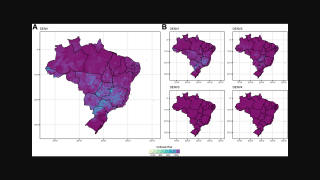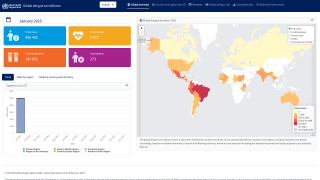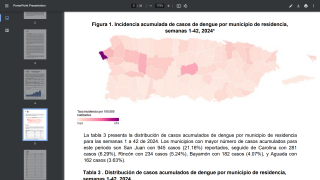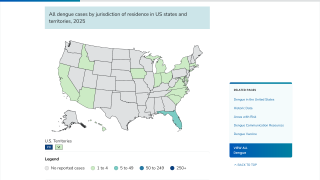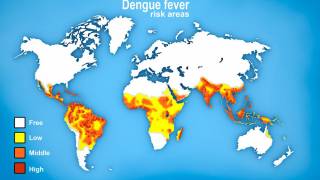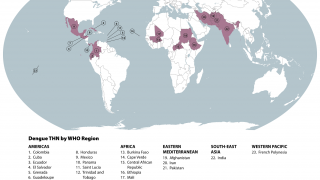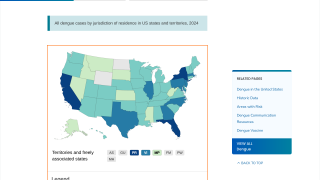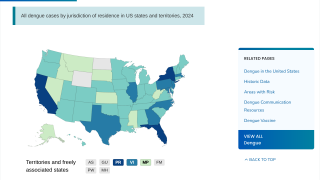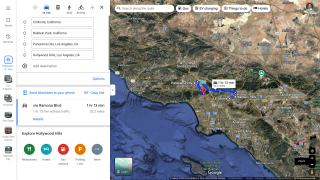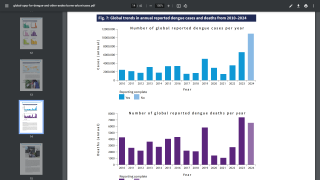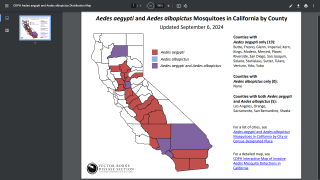Southern Mexico Reports 8 Dengue Hemorrhagic Fever Fatalities
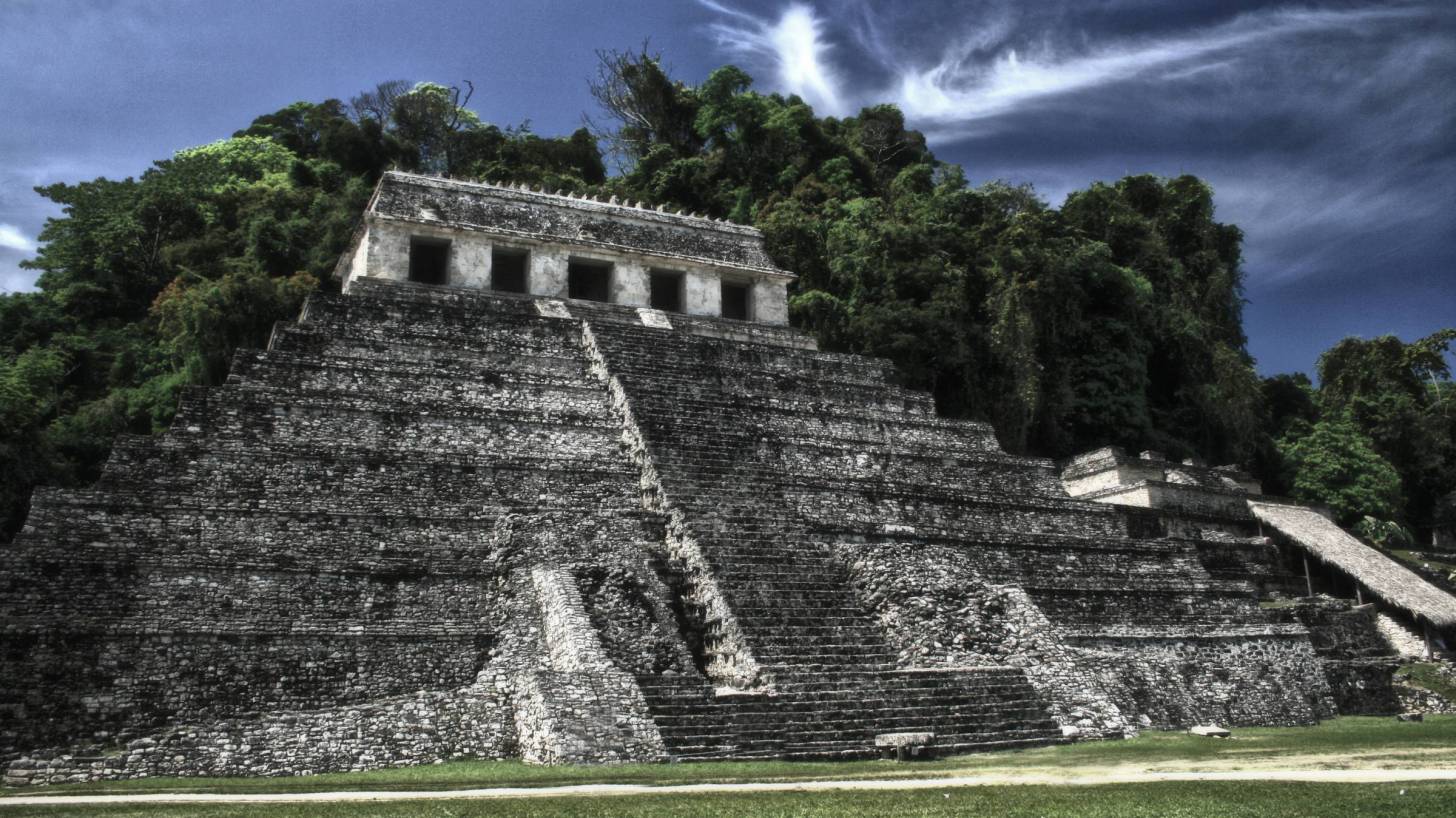
Mexican Health authorities of the state of Chiapas are on preventive alert for dengue virus cases on its southern border with Guatemala, reported local media.
The Chiapas Department of Public Health has revealed 1,350 confirmed dengue virus cases and 8 related deaths during 2018.
We are located on the border with other Central America counties, and the high population mobilization that occurs internationally generates the fact that not only this disease but many others can easily enter our country," says Sergio René Torreblanca, a local health official.
Information from the Mexican Federal Ministry of Health indicates that there have been 5,962 cases of dengue hemorrhagic reported nationwide during 2018.
This new information from Mexico reverses previous good news.
Mexico reported only 5,660 confirmed dengue cases on September 2017.
The presence of dengue hemorrhagic cases has led the Mexican health authorities to mobilize squads of brigadistas to eliminate water containers that facilitate the incubation of the Aedes aegypti mosquito, the carrier of this dengue disease.
It should be noted that these mosquitoes are not present in high-elevation areas, such as Mexico City.
This news supports the action taken by the US State Department on August 22, 2018, when it elevated its Travel Advisory status to Level 2: Exercise Increased Caution, for all of Mexico.
Severe dengue, also known as Dengue Haemorrhagic Fever, was first recognized in the 1950s during dengue epidemics in the Philippines and Thailand.
Today, severe dengue affects most Asian and Latin American countries and has become a leading cause of hospitalization and death among children and adults in these regions.
There are 4 distinct, but closely related, serotypes of the virus that cause dengue (DEN-1, DEN-2, DEN-3, and DEN-4).
There is no specific treatment for dengue/ severe dengue, but early detection and access to proper medical care can lower fatality rates below 1 percent, says the World Health Organization (WHO).
Recovery from infection by one provides lifelong immunity against that particular serotype.
However, cross-immunity to the other serotypes after recovery is only partial and temporary. Subsequent dengue infections by other serotypes increase the risk of developing severe dengue.
As of October 3, 2018, the US Centers for Disease Control and Prevention (CDC) had not issued a Travel Health Alert for Mexico.
But, the CDC said visitors to Mexico should be up to date on routine vaccinations, such as the MMR, diphtheria-tetanus-pertussis, varicella, polio, and the yearly flu vaccination.
Additionally, the CDC recommends the hepatitis A and typhoid vaccines for most travelers to Mexico.
Since the Zika virus is an ongoing risk in Mexico, the CDC says pregnant women should not travel to Mexico because the Zika virus has been found to cause serious birth defects.
The CDC says USA citizens should always have a contingency plan for emergency situations, such as this Traveler’s Checklist.
USA citizens can easily schedule a pre-trip, travel vaccination review from a local pharmacy at Vax-Before-Travel.
Our Trust Standards: Medical Advisory Committee



